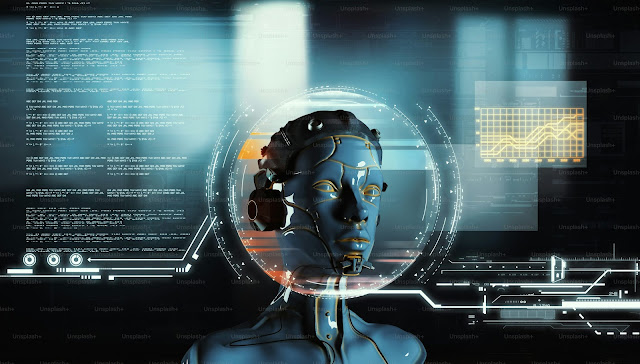Integrating machine learning (ML) in game development can significantly enhance the gaming experience, making it more engaging and dynamic. Google Cloud offers a robust set of tools and services that facilitate this integration, allowing developers to incorporate advanced AI capabilities into their games. This practical guide explores how to effectively use Google Cloud for integrating machine learning in game development.
Google Cloud's AI and ML services, such as TensorFlow and Google Cloud AI Platform, provide developers with the necessary infrastructure to build and deploy machine learning models. TensorFlow, an open-source machine learning framework, allows developers to create custom ML models that can be trained on various data sets. These models can be used to power features like adaptive gameplay, real-time data analysis, and personalized gaming experiences.
One of the key benefits of using Google Cloud is its scalability. As your game's user base grows, the demand for computing resources increases. Google Cloud's scalable infrastructure ensures that you can accommodate this growth without compromising performance. This is particularly important for machine learning applications, which often require significant computational power.
To get started, developers can use Google Cloud's pre-built ML models, available through the AI Hub. These models can be customized and fine-tuned to meet specific game requirements, reducing the time and effort needed to develop ML solutions from scratch. For example, you can use pre-trained models for natural language processing to create more interactive and responsive in-game characters.
Another important aspect is data management. Google Cloud provides tools like BigQuery and Cloud Storage to manage and analyze large volumes of data generated by games. This data can be used to train ML models, enabling features such as predictive analytics and player behavior analysis. By leveraging these insights, developers can make data-driven decisions to improve game design and player engagement.
Security is a critical consideration when integrating machine learning in games. Google Cloud ensures that all data and ML models are protected with advanced security measures, including encryption and access controls. This ensures that player data remains secure and that your game's integrity is maintained.
Deploying machine learning models in games requires seamless integration with the game's backend systems. Google Cloud's APIs and SDKs make this integration straightforward, allowing developers to implement ML-powered features without extensive modifications to the existing game architecture. This flexibility enables developers to enhance their games with machine learning capabilities while maintaining stability and performance.
In conclusion, integrating machine learning in game development using Google Cloud offers numerous benefits, including scalability, advanced data management, and robust security. By leveraging Google Cloud's AI and ML tools, developers can create more engaging and personalized gaming experiences. This practical guide highlights the steps and considerations involved in integrating machine learning into games, empowering developers to take their games to the next level.

